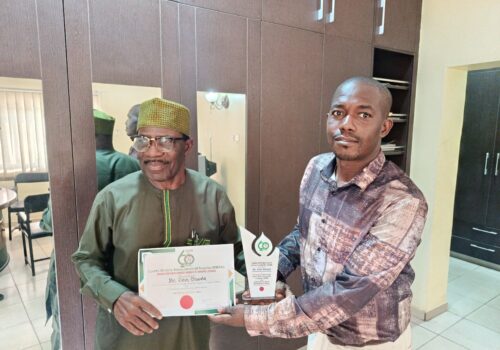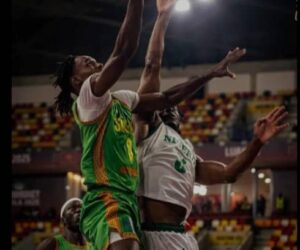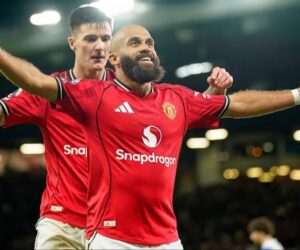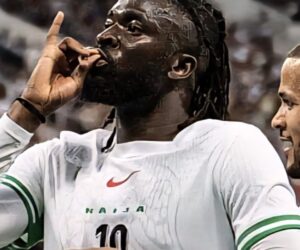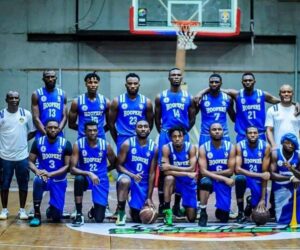Clem Oluwole is the Editorial Director of Blueprint Newspapers. The veteran sports journalist was the pioneer chairman of the Sports Writers Association of Nigeria (SWAN), Plateau state chapter. He was recently honoured with the Distinguished Veteran Journalist Award as part of activities to mark SWAN’s 60th Diamond Anniversary. In this interview with IKENNA OKWONKWO and BENJAMIN SAMSON, he speaks on evolution of SWAN and other sundry issues.
Sir, how do you feel about this award in recognition of your contribution to sports development in Nigeria?
I feel highly delighted and I congratulate SWAN for this milestone. I was part of the leadership of SWAN at the state level in the mid ‘70s and early ‘80s. Apart from being the pioneer chairman of SWAN in Plateau state, I also deployed my energy towards creating the right atmosphere for sports journalism to thrive. In order words, we used our platforms to brainstorm on different national issues pertaining to the country and come out with positions which helped in shaping the trajectory of sports in those days. It behooves all SWAN members to key into that kind of philosophy and not to wait until things go bad before you react. Set agenda and give direction to sports administrators and the government alike. I will always be available either through personal contact or through my writings to give advice to SWAN leadership so that we can take the country’s sports out of the woods and reset it on the part of sustainable development as we strive towards the Promised Land.
What kind of challenges did you face trying to establish SWAN in Jos?
Initially, there were some forms of resistance. They were like, ‘We are all journalists. Why are they trying to create a separate identity?’ but whether anybody likes it or not, SWAN is in the world of its own.
What makes SWAN different?
We don’t speak the same language with other journalists; in fact, our grammar is unique to us. For the period that I was on the desk as sports editor, I made conscious efforts when I was not talking about sports to speak the right grammar but when it comes to sports, I began to speak our own language and people wondered how I was able to transition from sports grammar to normal grammar. So, for the fact that we don’t speak the same grammar with journalists who are in general practice, there is a need for us to carve a niche for ourselves. That was how SWAN was founded. It is like when you go to court and see lawyers use legal jargon, those who are not lawyers will be wondering what they are talking about. It is very interesting that SWAN has survived the test of time. One of my executive members was Yakubu Mohammed, a former DG of the NTA. The rest of them are long gone. That was how SWAN in Plateau state came into being. Our activities were so prominent that even the national body borrowed a leaf from us.
How do you compare the old generation and the new generation of sports journalists?
In the ‘70s, how many media did we have? How many newspapers did we have? You can count them on the tip of your fingers. In the electronic media, we had only NTA and later, state broadcasting corporations. But now, aside from the newspapers, we have so many radio and television stations. In fact, we can’t count the number of radio and television stations in the country, and I am sure you have members across the board. At that time, there were very few sports writers across the country and so, we were able to control the activities of our members. I don’t know how you are able to manage the albatross of sports writers all over the country now. During our time, we had a kind of compact operation across the country. We were able to micro-manage our members. We were able to give directions to our members. We were able to ensure discipline but now, journalism has evolved and sports writers too have evolved over time. In those days, when we go out for coverage, we rely on telex and radio transmitter reports. When I went to cover the 1978 Nations Cup in Accra, I came back to Jos before some of the reports that I sent from Accra got to my office. But now, even when matches are in progress, reports are coming in.
To beat these delays… I remember when I went to Algiers. I started writing my reports directly. I only waited for the results to cap it up as my introduction. But now, technology has made things easy and I am happy to be part of the evolution. When I look at the crude nature we operated in those days and the jet speed of modem journalism, I am happy I witnessed both.

